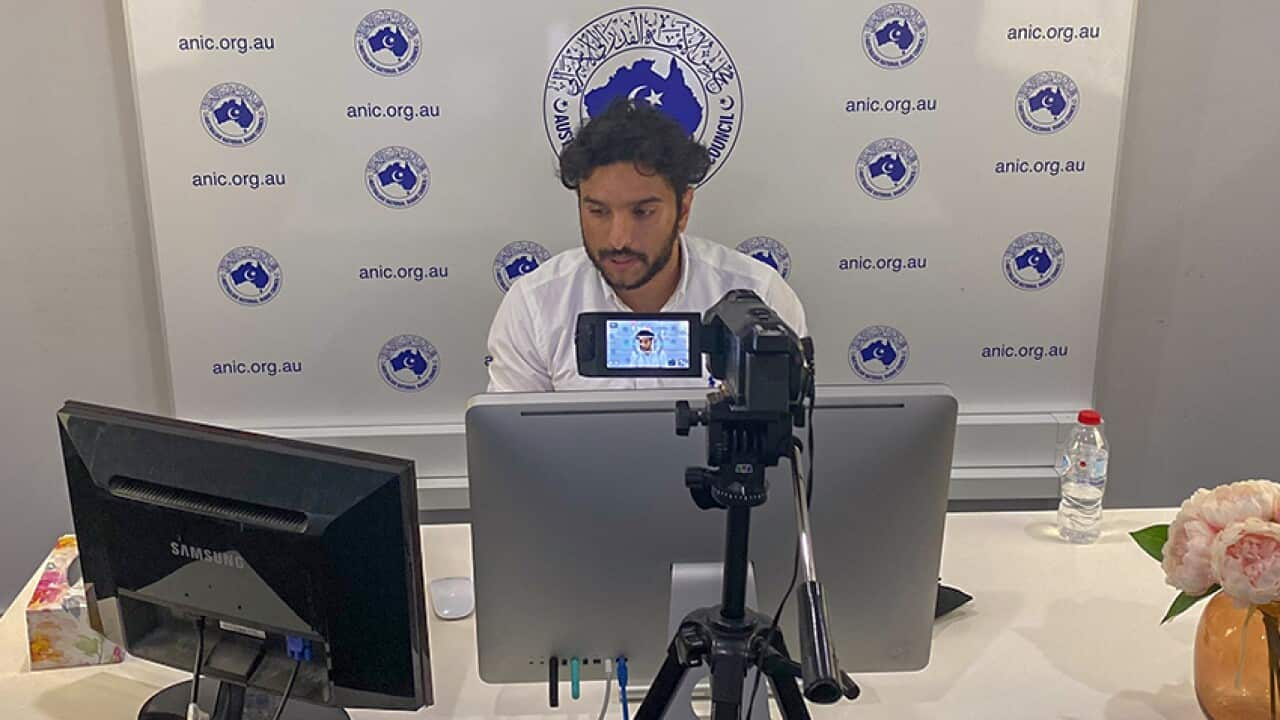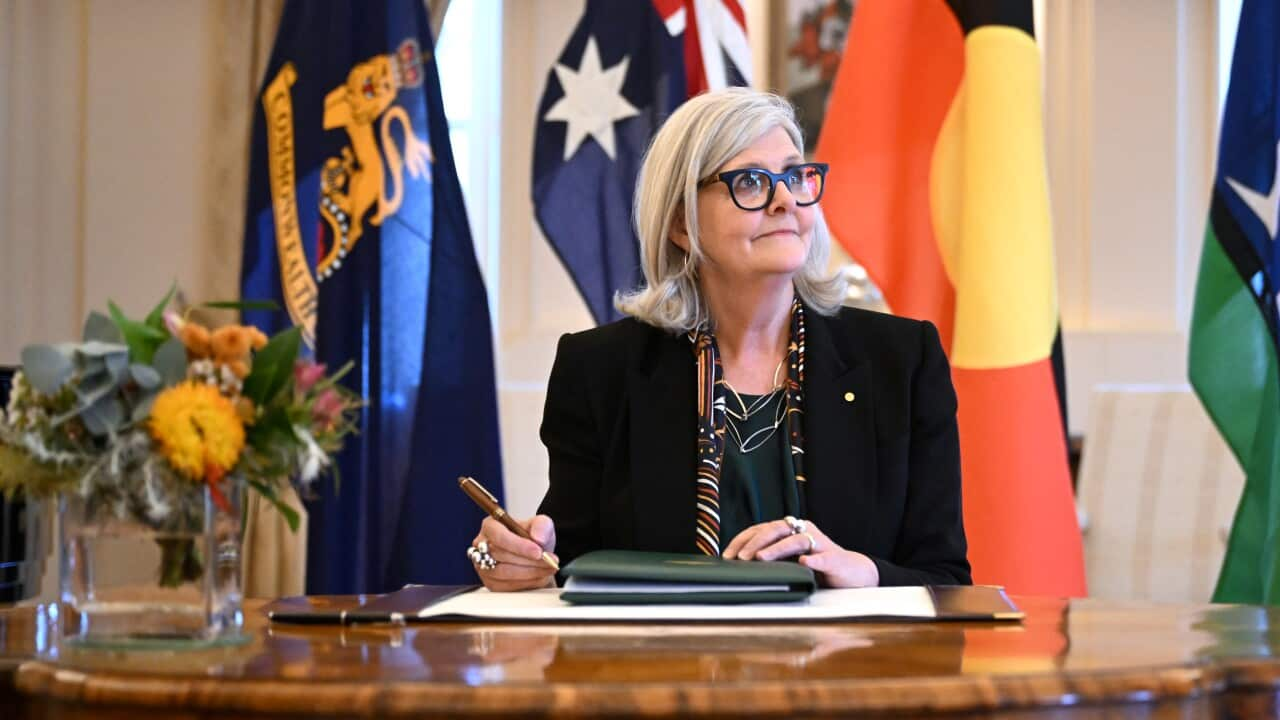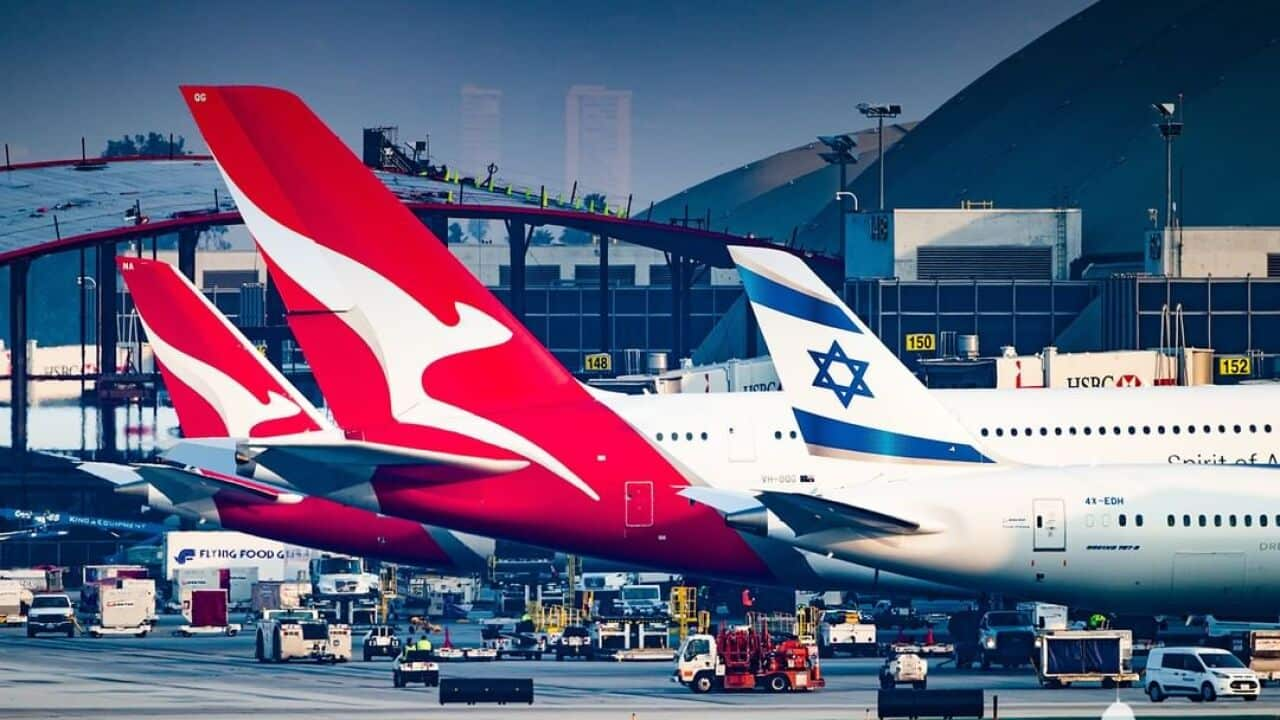As a coronavirus vaccine appears to be more than a year away, a world-first trial involving doctors from the University of Melbourne and Austin Health is looking at how intravenous zinc can be used to treat the symptoms of COVID-19.
The clinical trial has been fast-tracked to test whether a daily injection of zinc chloride is of benefit to patients who have tested positive for the virus.
Dr Joseph Ischia, a co-leader of the trial, explains why zinc is the focus of the trial.
“One of the reasons that we became interested in zinc in the COVID-19 crisis is because it appears to play several roles that might be important in the development of the disease,” he tells SBS Persian.
“The first would be that it inhibits the virus from being able to replicate itself once it gets into the body. Zinc also seems to have an anti-inflammatory effect. We know this is an important part of the COVID-19 illness in that you get a surge of your inflammatory markers.
"Zinc may play a role to play that down." Dr Oneel Patel from Melbourne University’s Department of Surgery is leading the study with Dr Ischia.
Dr Oneel Patel from Melbourne University’s Department of Surgery is leading the study with Dr Ischia.

Dr Joseph Ischia Source: Supplied
He has a long history of investigating the protective effects of intravenous zinc against organ damage induced by a lack of oxygen.
His studies have shown that zinc is effective in slowing the rate that similar viruses such as SARS (Severe Acute Respiratory Syndrome) replicate in the human body.
“Our published studies have also shown that high doses of zinc can protect vital organs such as the heart, kidneys, and liver against the damage caused by a lack of oxygen,” Dr Patel said.
As the human body doesn’t naturally produce zinc, it is usually obtained through food or supplements such as tablets. Dr Ischia warns against taking zinc supplements to fight coronavirus.
Dr Ischia warns against taking zinc supplements to fight coronavirus.

University of Melbourne Source: AAP
“One thing that we have been very careful about and one message from the trial is that we don’t want people out there to take high doses of zinc orally that they have bought from the shop,” he says.
“It just does not work. Before you get anywhere near the levels of zinc that we have been achieving by giving it into a drip, people become very unwell.”
As of the writing of this article, there have been more than 6600 cases of coronavirus in Australia, which is below the number of cases seen across many other first-world nations.
Dr Ischia believes that measures introduced by the federal and state governments are the reason for the effective management of the virus thus far.
“The great news for Australia is that the number of cases that we were expecting to see has not happened and I think this is due to the strong leadership from the governments, states and federal and our chief medical officer.
“These lockdown measures have been extremely effective and what that means is where we had these disaster scenarios, hospitals being overwhelmed by COVID-19 cases, it has not materialised yet, and I think this is largely due to extraordinary isolation measures that we are using.”
He says he doesn't believe that Australia will suffer similar fates as New York or northern Italy due to the lessons learned from medical teams in those hot spots.
The trial is currently recruiting patients for the trial. Dr Ischia says that as Australia hasn't seen the surge in cases as in other countries, the trial is likely to be prolonged.
People in Australia must stay at least 1.5 metres away from others and gatherings are limited to two people unless you are with your family or household.
If you believe you may have contracted the virus, call your doctor (don’t visit) or contact the national Coronavirus Health Information Hotline on 1800 020 080. If you are struggling to breathe or experiencing a medical emergency, call 000.
SBS is committed to informing Australia’s diverse communities about the latest COVID-19 developments. News and information is available in 63 languages at .






